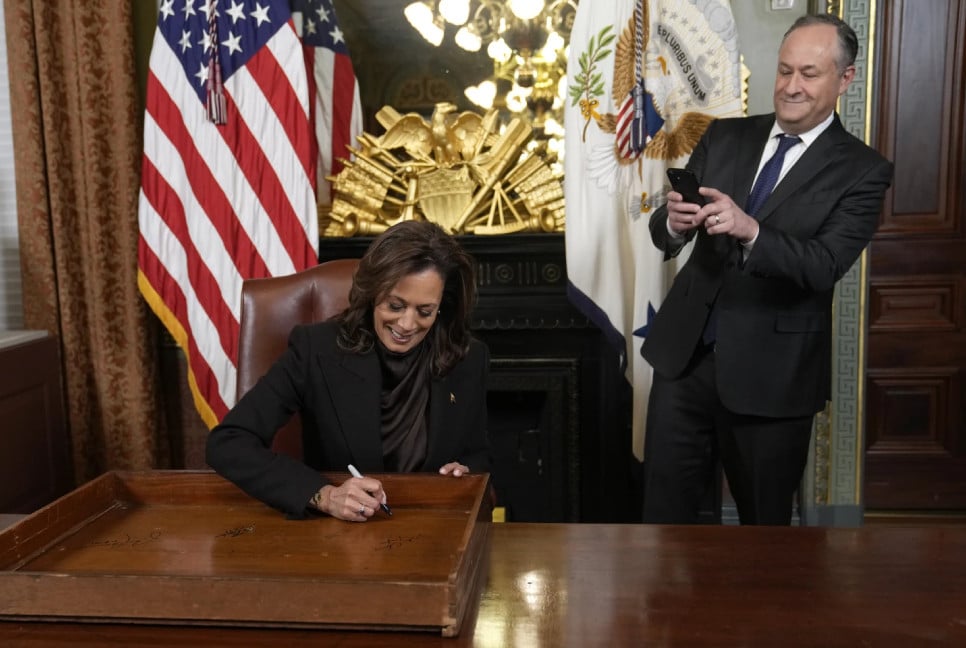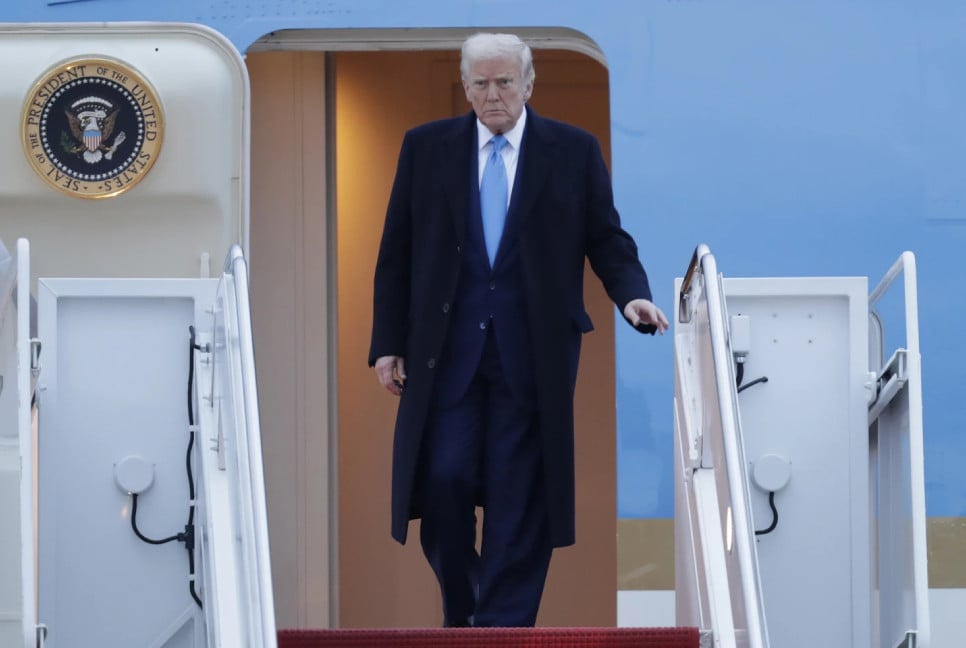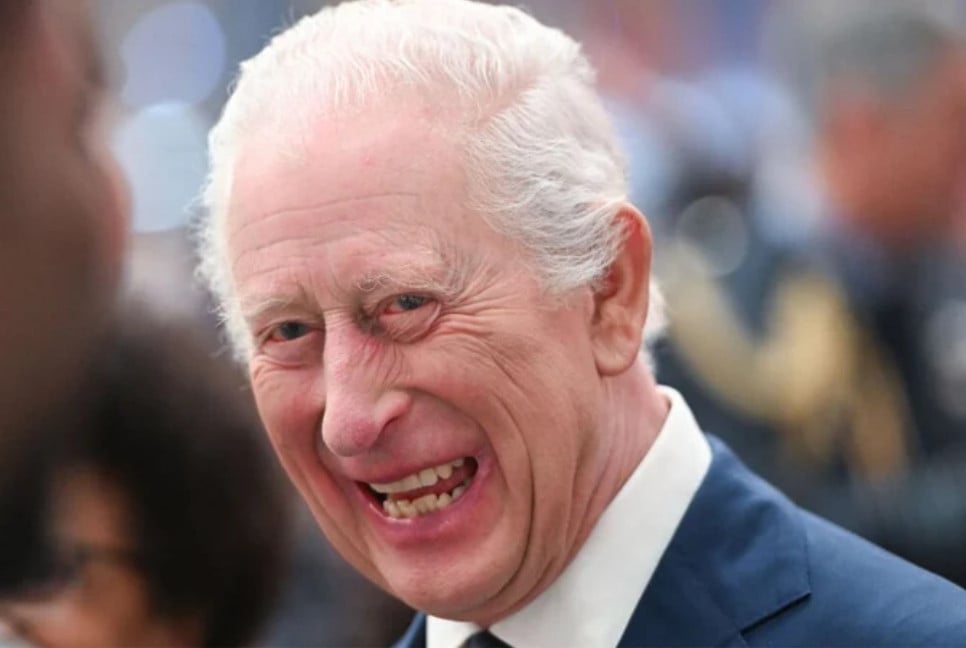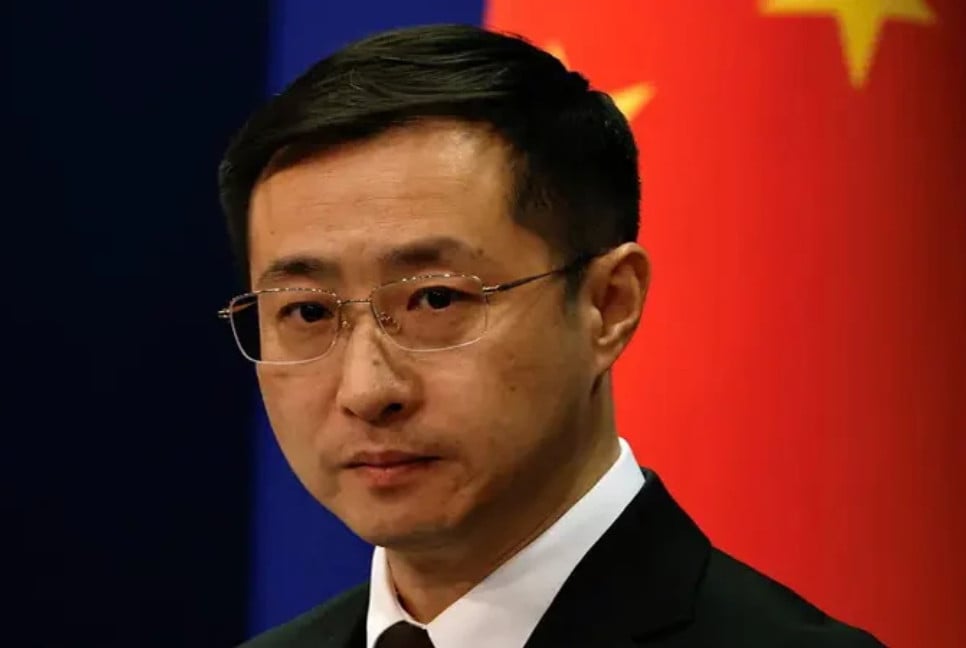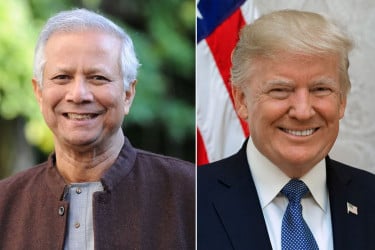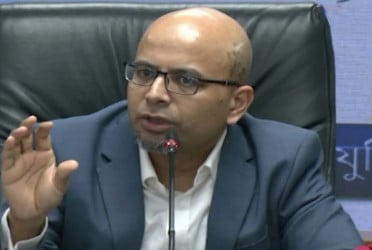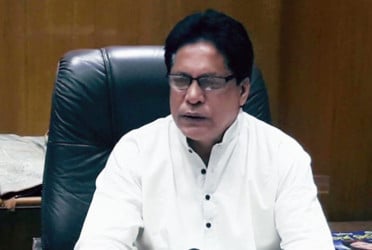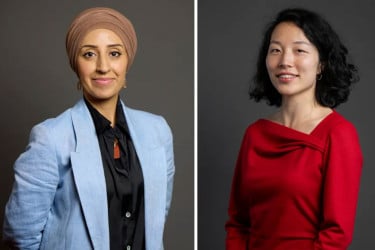Just days before Donald Trump’s return to the White House, Kamala Harris' staff gathered in her ceremonial office to witness her sign the desk, a tradition upheld by her predecessors for decades.
Standing behind her with a camera was her husband, Doug Emhoff, as she used her Sharpie marker, reports AP.
"It is not my nature to go quietly into the night," Harris remarked on Thursday. “So don't worry about that.”
But what comes next for her?
“I'll keep you posted,” she said.
As of Monday, Harris has no plans other than to return home to California. For the first time since 2004, when she became San Francisco’s district attorney, she will not hold elected office.
There is speculation she might write a book, run for governor, or perhaps pursue the presidency again. At 60, Harris remains relatively young in a political arena where the last two presidents have set records as the oldest elected.
Donna Brazile, a veteran Democratic Party leader, recalled encouraging Harris to take a break and “learn what it's like to oversleep” for a while. Laughing, Brazile added, "Yeah, you’ll never go back to being ordinary.”
Brazile, who managed Al Gore’s campaign when he transitioned from vice president to presidential candidate, noted, “I’ve had more people call me about what’s next for Kamala Harris than ever called me about what’s next for Al Gore.”
Harris’ tenure was both groundbreaking and conventional. Like her predecessors, she addressed a portfolio of issues — including migration, abortion rights, and maternal health — and represented the U.S. abroad. Yet, as is common for vice presidents, she struggled to stand out due to the office’s limited constitutional role.
However, Harris made history as the first woman, Black person, and person of South Asian descent to hold the vice presidency. Last year, she faced an unprecedented scenario when President Joe Biden chose not to seek reelection and endorsed her as his successor.
With just 107 days left before the election, Harris launched an intense campaign against Trump, who is nearly two decades her senior. Despite her efforts, she was unable to defeat him.
Many Democrats criticised Biden for running again initially, arguing he placed Harris in an untenable position. Others scrutinised Harris’ campaign approach, suggesting she should have leaned into a populist message rather than focusing on Trump’s anti-democratic rhetoric alongside figures like Liz Cheney, a former Republican congresswoman. Harris was also faulted for not sufficiently distinguishing herself from Biden, who remains unpopular among voters.
Minyon Moore, who chaired last year’s Democratic National Convention, dismissed the criticisms, saying, “Ifa, woulda, coulda, shoulda.”
Given the unique circumstances of Harris’ campaign, Moore added, “there was no road map for what she should have done.”
Harris has yet to address questions about her loss or provide her perspective on the election. Her public comments have primarily aimed to motivate students and others disappointed by Trump’s victory, particularly after Democrats framed him as an existential threat.
“No one can walk away,” Harris declared in a speech. “We must stay in the fight. Every one of us.”
Initially planning to end her term with an international trip to Singapore, Bahrain, and Germany to highlight her foreign policy work, Harris ultimately stayed in Washington as wildfires threatened Los Angeles. Her Brentwood home was in an evacuation zone.
Harris avoided visiting the fire-affected area, concerned her presence might divert local resources, an anonymous official from her office explained.
Despite cancelling her overseas trip, Harris indicated her desire to remain active on the global stage. She spent her final week in office making calls to foreign leaders, including Jordan’s King Abdullah II, Israeli President Isaac Herzog, Philippine President Ferdinand Marcos Jr., and Guatemalan President Bernardo Arévalo.
On Wednesday, Harris attended President Biden’s farewell address in the Oval Office, where he described her as “a great partner.” The two embraced after his speech.
Biden had selected Harris as his running mate after her initial presidential campaign faltered four years ago. Once in office, her activities were limited by the pandemic and her role in the evenly divided U.S. Senate, where she frequently cast tiebreaking votes. She set a record for the number of such votes while advancing judicial nominees and key legislation.
“She had to find her role,” said Joel Goldstein, a historian of the vice presidency. “It took some time to figure it out.”
Moore recalled an Oval Office meeting with Harris during Biden’s deliberations over a U.S. Supreme Court nominee. Harris focused on finding a candidate who could effectively articulate dissenting opinions, recognising the challenges a liberal justice would face on a conservative-dominated court.
Harris championed Ketanji Brown Jackson’s nomination, helping fulfil Biden’s pledge to appoint a Black woman to the court. Jackson’s sharp dissenting opinions have since garnered significant attention.
Addressing migration from Central America, one of Harris’ earliest assignments, became politically fraught. While Republicans labelled her the “border czar” and blamed her for illegal crossings, fewer migrants arrived from the countries where she focused her efforts.
Harris also met Ukrainian President Volodymyr Zelenskyy in Munich just before Russia’s invasion three years ago and spent a week in Africa laying the groundwork for renewed U.S. engagement. She visited Southeast Asia three times, reflecting her belief in the need to prioritise the region amidst China’s growing influence.
“She believed we could emphasise this occasionally overlooked part of the world even more,” said Phil Gordon, her national security adviser.
Abortion rights emerged as a defining issue for Harris after the Supreme Court overturned Roe v. Wade. While Biden was more cautious on the topic, Harris became the face of the administration’s response.
Lorraine Voles, Harris’ chief of staff, described the court decision as “a turning point” for the vice president.
“That opened up a lane for her in a way that maybe wasn’t there previously,” Voles said. “People hadn’t been as focused on maternal health and reproductive health until those rights were threatened.”
Nadia Brown, a Georgetown University professor specialising in Black women and politics, said Harris will “certainly go down in the history books” for breaking racial and gender barriers.
Harris’ vice presidency, Brown added, helped broaden perceptions of what leadership can look like, challenging stereotypes among "everyday Americans.”
What Harris will do next remains uncertain.
“It’s not over,” Brown concluded. “But I’m not sure what that next chapter is.”
bd-pratidin/Rafid

